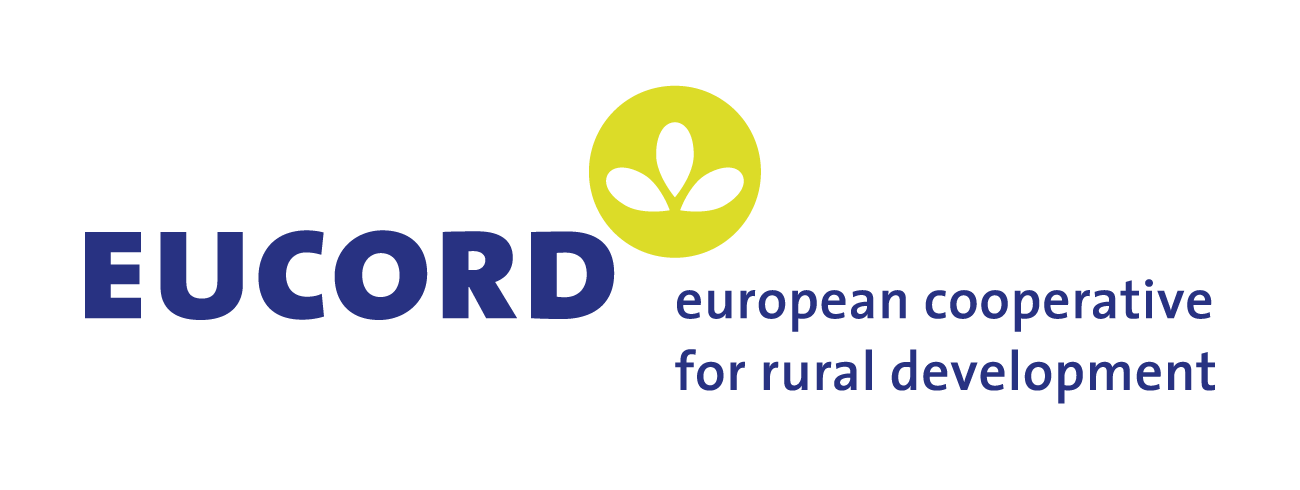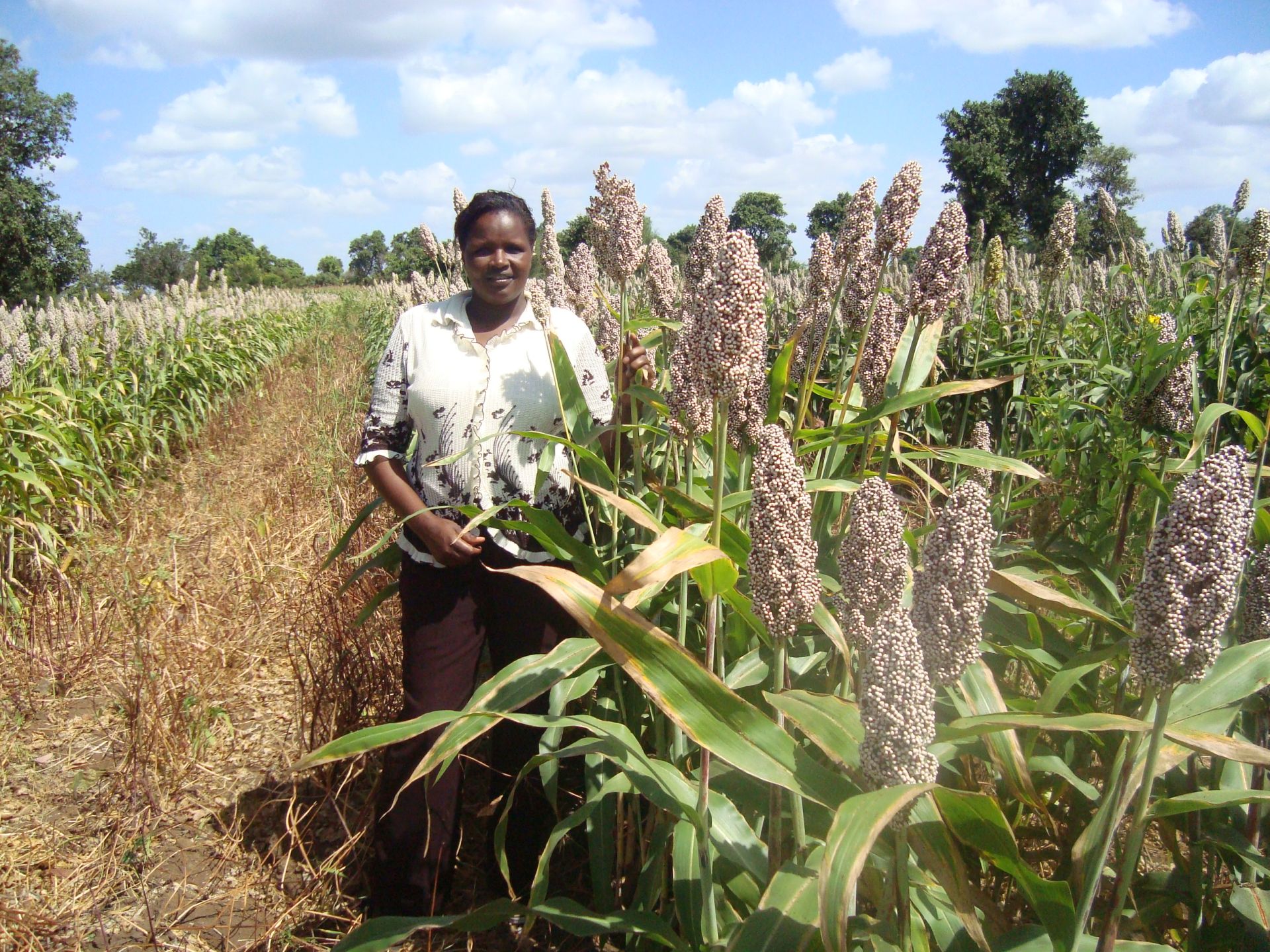East African Sorghum Value Chain Development, 2009-2014
Donors:
East African Breweries Ltd., Diageo, Common Fund for Commodities
Goal
The objective of the project is to implement a public-private-partnership project to develop a stable and high-quality sorghum supply chain to increase incomes of sorghum farmers and enable national beverage industries to substitute imported grains by locally produced sorghum. The project targets were to produce 27,000 MT of sorghum and reach out to 25,000 households earning cash income.
What we do
This 4.5-year project was designed in collaboration with East Africa Breweries Ltd (EABL), a subsidiary of Diageo (UK). The project objective was to develop a stable and high-quality sorghum supply chain that increases incomes of sorghum farmers and enables the national beverage industry to substitute imported grains by locally produced sorghum.
Accomplishments
The results of first three years were impressive as the annual volumes delivered to EABL doubled each project year. In 2014 the Kenyan Government removed the tax-free status of EABL’s Senator brand, the only beer brand made of local (white) sorghum. As a result, the sales of Senator plummeted and EABL stopped the purchase of white sorghum for more than one year. Early 2015, the Government of Kenya reinstated the tax-free status on beverages which consist of 100% local raw materials and EABL resumed its local sourcing.
According to an external evaluation it was found that:
- EUCORD’s project led to an increase in production and productivity of sorghum. Sorghum production increased from 413 kg per household in 2013 to 714 kg per household in 2016. Farmers who benefited from the project had higher yields than non-beneficiaries did. They also cultivated more acreage (1.8 acres) than the non-beneficiaries (1.4 acres) did. Further, there is evidence that the post-harvest losses declined. Household income increased to KES 4,044 compared to KES 2,640 of income obtained by households during the 2013 rapid appraisal.
- There is evidence that farmers experienced less months (3 months) of food deficit unlike the normal cases where households experience between 4-6 months of food deficit. The reduction of months of food insufficiency is attributed to increased household incomes and diversification of consumption habits to sorghum, which was unlikely before the project.
- Sustainability has been pegged on the strength of bulking/aggregation agents who play an important role in ensuring that sorghum moves up the value chain and because trade is their livelihood, and who are likely to be in business for a long time. Such continuity is likely to ensure sustainability of the producer groups, continuity in sorghum production and continuity in sorghum supply into EABL and other market alternatives. EUCORD strengthened bulking agents to a level where they can move large quantities of sorghum in the markets in each targeted county.
- Increasing demand for sorghum-brewed beer is likely to create a backward linkage with positive influence of production. The increase in sorghum beer demand creates a market for sorghum and in as much as this market exists and there is presence of strong bulking agents who can organize farmers, the production and supply model initiated by EUCORD will continue beyond the project closure.
- The skills and knowledge imparted on farmers will continue to be practiced long after the project concludes. Training farmers on sorghum GAP has built technical knowledge into farmers and this is expected to sustain behavioral change towards production, utilization and commercialization of sorghum beyond the life of EUCORD’s project.
- There is increasing recognition of sorghum as an important crop in the ASAL (Arid and Semi-Arid Lands) areas by the policy circles. This recognition will continue to give that much needed policy support to drive and support sorghum production.

